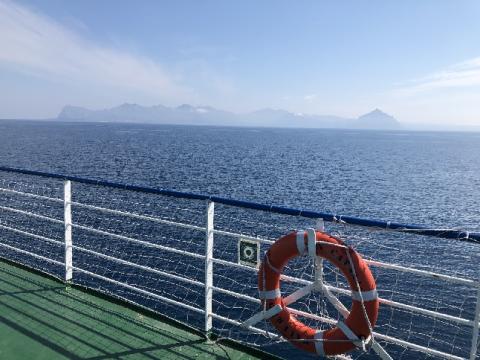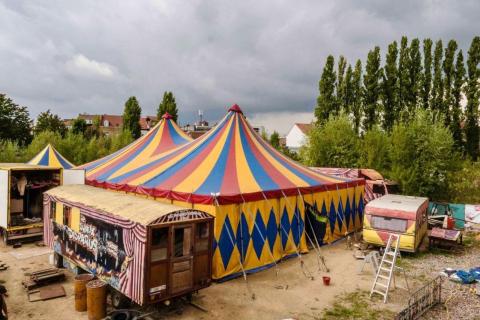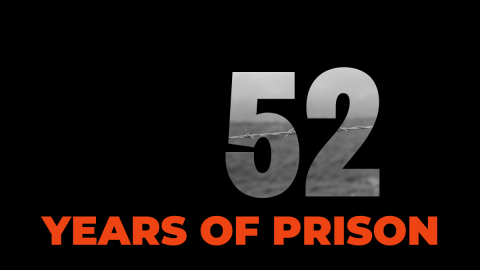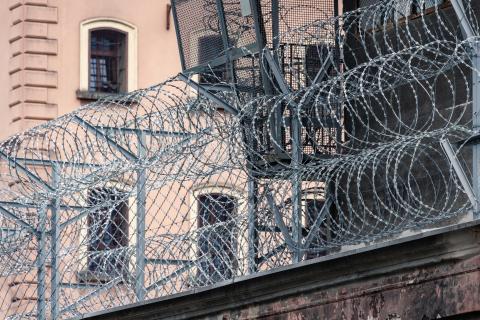About us
The deadly consequences of the EU border regime
borderline-europe offers civil resistance against the European migration and border policy since 2007. People facing death while fleeing from their countries have by now become common and/or an everyday reality. What is almost never mentioned is that these deaths are a direct consequence of the European migration policy and thus preventable. The multitude of the restrictive measures used to seal off the European states is what we call the EU border regime. The influence of this regime does not only extend to the EU itself but also far beyond the European borders, killing more and more people seeking a decent life. These people are fleeing their countries because wars, natural disasters, and unjust economic and trade conditions destroyed their livelihoods. They are fleeing violent and discriminatory social circumstances in their countries of origin, which are often direct consequences of colonialism. The personal reasons to embark on this journey can be various. It is not up to us to decide who should be allowed to live, work and travel humanely. This is why equal rights for all people are necessary.
The current European migration and border policy, having reached a new dimension with the foundation of the border agency FRONTEX in 2005, runs counter to the universal conception of equal rights. Off the coasts of the EU member states Malta, Spain, Cyprus, Greece and Italy and along the coasts of Libya, Turkey and Tunisia the European military has been trying to stop and even criminalize the crossings. In some cases, the operations are conducted in cooperation with the military of the countries people seeking refuge originate from. People are forced to enter irregularly by sea because there are simply no legal ways of entry for them. Many of them are denied any freedom of movement, a privilege taken for granted by Europeans.
The current so-called migration partnerships with African states and Turkey are just another step towards completing the European closed-door policy. These partnerships allow investing billions in militarization, technologisation and securitization of borders, data collection, and biometrics in countries outside European borders. In the EU, borders are reconstructed through the suspension of the Schengen Agreement, the expansion of border controls, erection of fences and deportations. The attempt to control and stop migration on the international level only exacerbates the problems like human trafficking, torture and rape in deportation camps, forced labor and leads to death.
Despite its portrayal as a threat by the public discourse, migration is not a crime. We experience a political climate where racist and discriminating attitudes are expressed openly and are increasingly earning civil and political support.
What we do
We at borderline-europe e.V. have been engaged in civil resistance against European migration and border politics since 2007. Borderline-europe - Menschenrechte ohne Grenzen e.V. is an association based in Berlin and Palermo. Some of us work full-time, others on a voluntary basis. We all have different experiences and expertise and combine them in our work. borderline-europe e.V. lives from the initiative, the exchange and the participation of everybody.
- We research and produce comprehensive and substantiated documentations regarding the events in the EU border regions, which are being pushed further and further.
- We work in transnational networks, bring together different actors and support civil society and activist cooperations.
- We organize and support protests, events and direct actions in local and transnational contexts.
- We inform about current developments in EU migration politics on our website and via social media (go to our Twitter, Instagram, Facebook, Youtube)
Our goal is...
... to expose the increasingly restrictive European migration policies and their brutal effects to a broad public. We want to create an active, political and critical awareness of the universality of Human Rights, which will counteract the racist structures and the deadly consequences of these walls-up politics. With our work we set a sign of solidarity, because humane solutions can only be found if we also have the courage to take a stand and become active.
français: qui sommes-nous [pdf]





